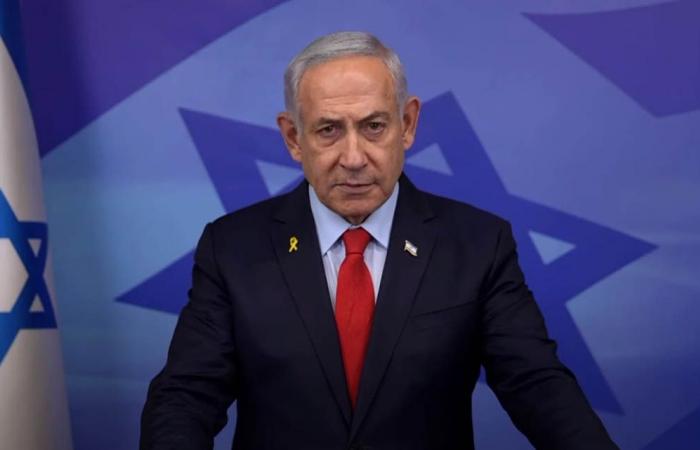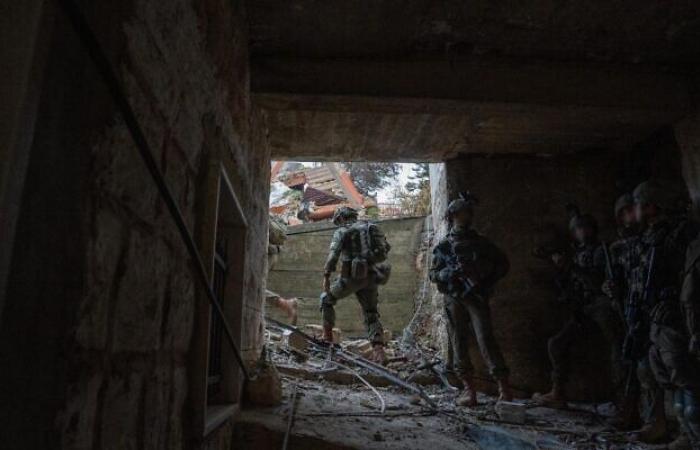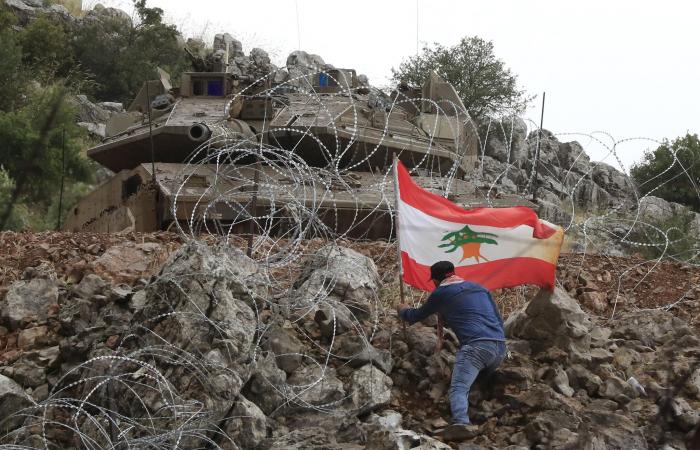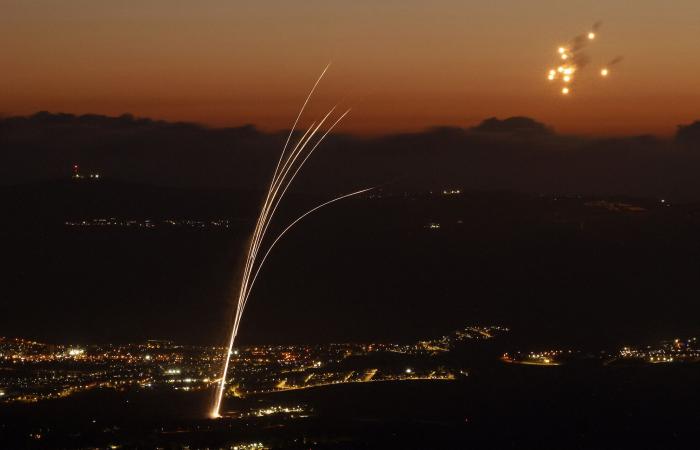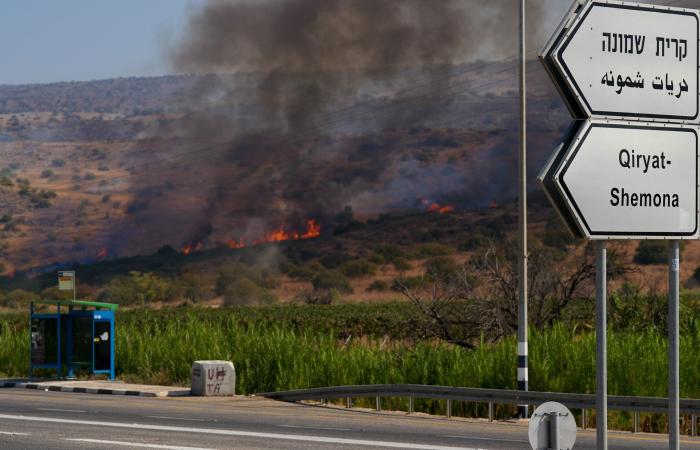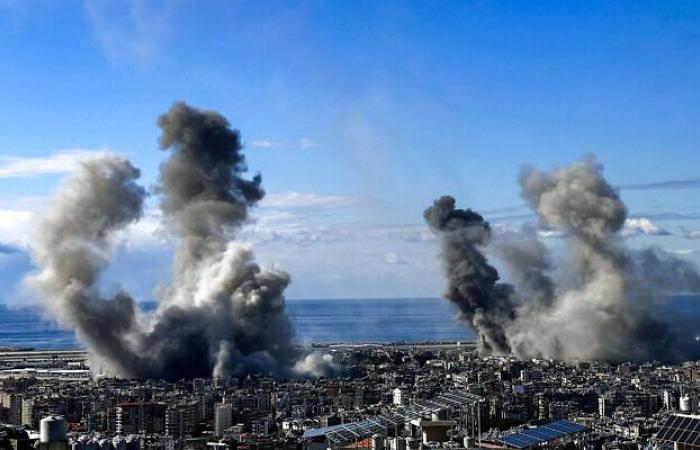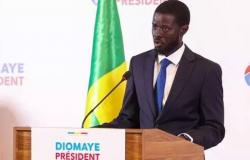On the night of Tuesday to Wednesday, after nearly 14 months of fighting, including numerous operations carried out with astonishing efficiency, Israel accepted a ceasefire against the Lebanese Shiite terrorist group Hezbollah, supported by Iran.
Yes, yes Wall Street Journal hailed an Israeli victory, Prime Minister Benjamin Netanyahu and his advisers remained more measured in their official statements and in private meetings, with Netanyahu promising instead that Israel would ultimately achieve “total victory.” “The war will not end until we achieve all our goals, including the safe return of the people of the north of the country,” Netanyahu stressed in his speech on the ceasefire agreement .
This caution is partly explained by recognition of the challenges ahead. The ceasefire, with its still uncertain implementation mechanism, opens the way to complex scenarios for Israel, particularly in the face of Hezbollah’s almost inevitable attempts to reorganize and renew its threats.
Receive our daily edition for free by email so you don’t miss the best news. Free registration!
It is, however, undeniable that Israel has achieved major successes in this war against the Iranian-backed terrorist militia.
The spectacular pager operation in September, followed by the elimination of Hezbollah leader Hassan Nasrallah and key members of the elite Radwan force, seriously destabilized the organization. The continued assassinations of Hezbollah unit leaders on the ground have contributed to the degradation of the organization by plunging it into temporary disarray.
The ground invasion, which lasted two months, destroyed much of the infrastructure and arsenals accumulated by Hezbollah. These resources were to be used as part of a plan to invade border kibbutzim and Israeli military positions through security barriers.
Most of Hezbollah’s rocket and missile arsenal has been destroyed. A month ago, former Defense Minister Yoav Gallant estimated that 80% of Hezbollah’s stocks had been neutralized, a figure that has continued to increase since.
People pose for a photo at a burned Hezbollah rocket launcher in the village of Kafr Tibnit, southern Lebanon, November 27, 2024. (Credit: Mahmoud ZAYAT / AFP)
Even more significantly, the psychological barrier that had prevented Israel from acting against Hezbollah in Lebanon for years has been completely removed.
Before this campaign, Israeli leaders feared that an escalation with Hezbollah would trigger a barrage of rockets on the home front, paralyzing Israeli society.
Today, according to Netanyahu, Hezbollah has not only been “sent back decades” but has been so deterred that the Palestinian terrorist group Hamas can no longer count on aid from his ally.
“The ceasefire separates the fronts and isolates Hamas,” Netanyahu said. “Since the second day of the war, Hamas has counted on Hezbollah to fight alongside it. Now that Hezbollah is out of the picture, Hamas is on its own. This will allow us to intensify our pressure on Hamas and move forward in our sacred mission of freeing our hostages. »
Despite these strategic gains, Israel insists on retaining the freedom to act against Hezbollah if the latter attempts to circumvent the terms of the ceasefire. Netanyahu reiterated this position shortly before his security cabinet ratified the deal.
Troops from the 7th Armored Brigade operate in southern Lebanon, in a photo released on November 27, 2024. (Israeli Army)
“If Hezbollah violates the agreement and tries to rearm, we will attack it,” he said. “If he tries to rebuild terrorist infrastructure near the border, we will attack him. If he launches a rocket, digs a tunnel, or brings in a truck loaded with rockets, we will attack him.”
The complexity of retaliation
Responding to a ceasefire violation by Hezbollah may seem simple, but if Israel brings its northern residents home, it will likely face complex dilemmas about how to respond to provocations.
If a Hezbollah anti-tank missile squad is spotted approaching the border, an IDF strike is unlikely to raise any objections.
However, Hezbollah excels at using civilian cover for military purposes, creating gray areas that are difficult to navigate.
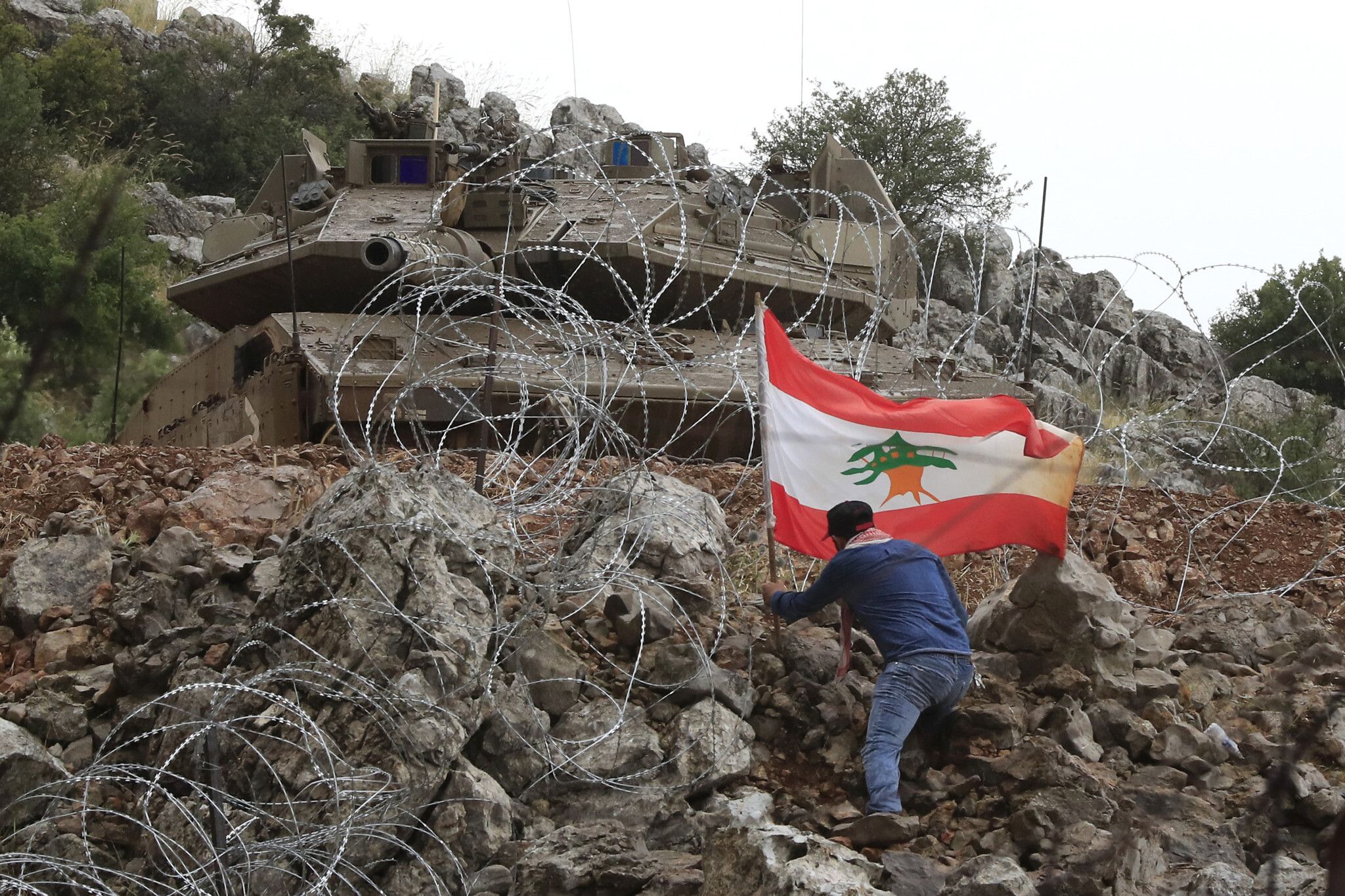
A Lebanese protester plants a Lebanese flag near an Israeli Merkava tank along the border, Friday, June 9, 2023. (Mohammad Zaatari/AP)
What if “farmers” in Lebanon come to film IDF troops on the other side of the border on their phones? Should Israel attack? Or if eight men on motorcycles approach the border?
Oo again, if Hezbollah borrows a tactic from Hamas, inviting civilians to launch incendiary balloons towards Israeli fields, should Netanyahu order a military response?
Israel is expected to refer any complaints to a new monitoring body overseen by the United States and France. But will this body authorize strikes in response to the aforementioned scenarios? And what will be the consequences if Israel ignores its decisions? The answers remain unclear.
What is certain is that Hezbollah will seek to demonstrate that it remains a force to be taken into account, while attempting to re-establish a certain deterrence against Israel, which it has sworn to destroy.
Israel could brandish the American letter recognizing its right to act against Hezbollah, but the terrorist group will do everything in its power to restrict and complicate this freedom of action.
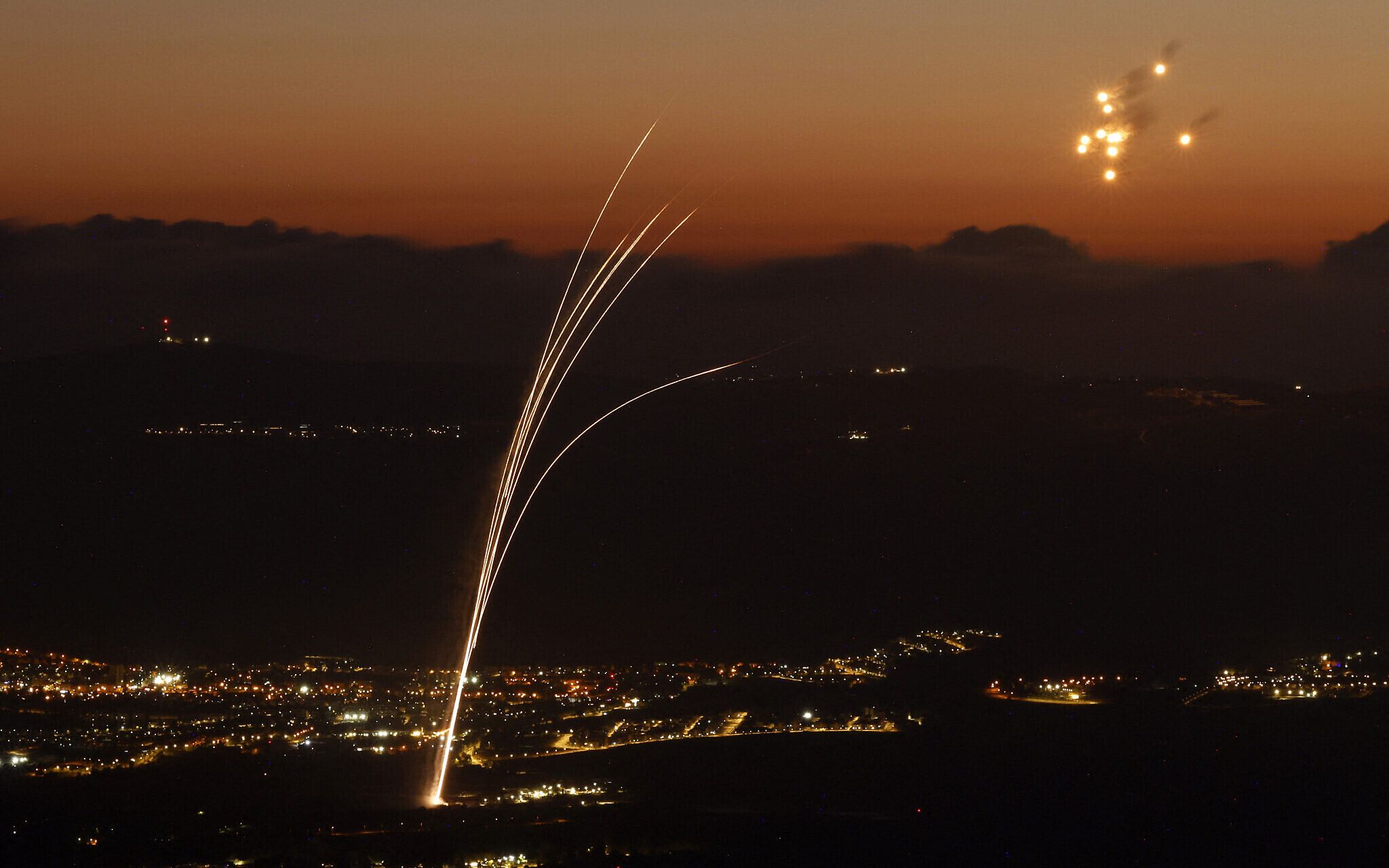
Rockets fired by Hezbollah from southern Lebanon intercepted by the “Iron Dome” anti-missile defense system over the Upper Galilee region of northern Israel on August 23, 2024. (Credit: Jalaa Marey/AFP)
The effort to limit Israel’s freedom of military action after ceasefire violations could take the form of a rocket or two fired into a repopulated northern Israel.
A first rocket attack from Hezbollah would send residents to their shelters and an Israeli response against the rocket launchers would be very likely. We would then witness a fragile return to calm and Israel would continue to sanction less blatant violations.
In response, Hezbollah would likely fire more rockets, inevitably causing both practical and political problems for Netanyahu.
Before the ceasefire, an isolated rocket attack on northern Israel was not considered a the casualty of war major. Now, each rocket poses a direct challenge to the ceasefire and tests Netanyahu’s categorical promise to respond to any violations.
How many sirens will residents newly returned to northern communities have to endure before they lose faith in the government and head back south, believing their safety is not assured?
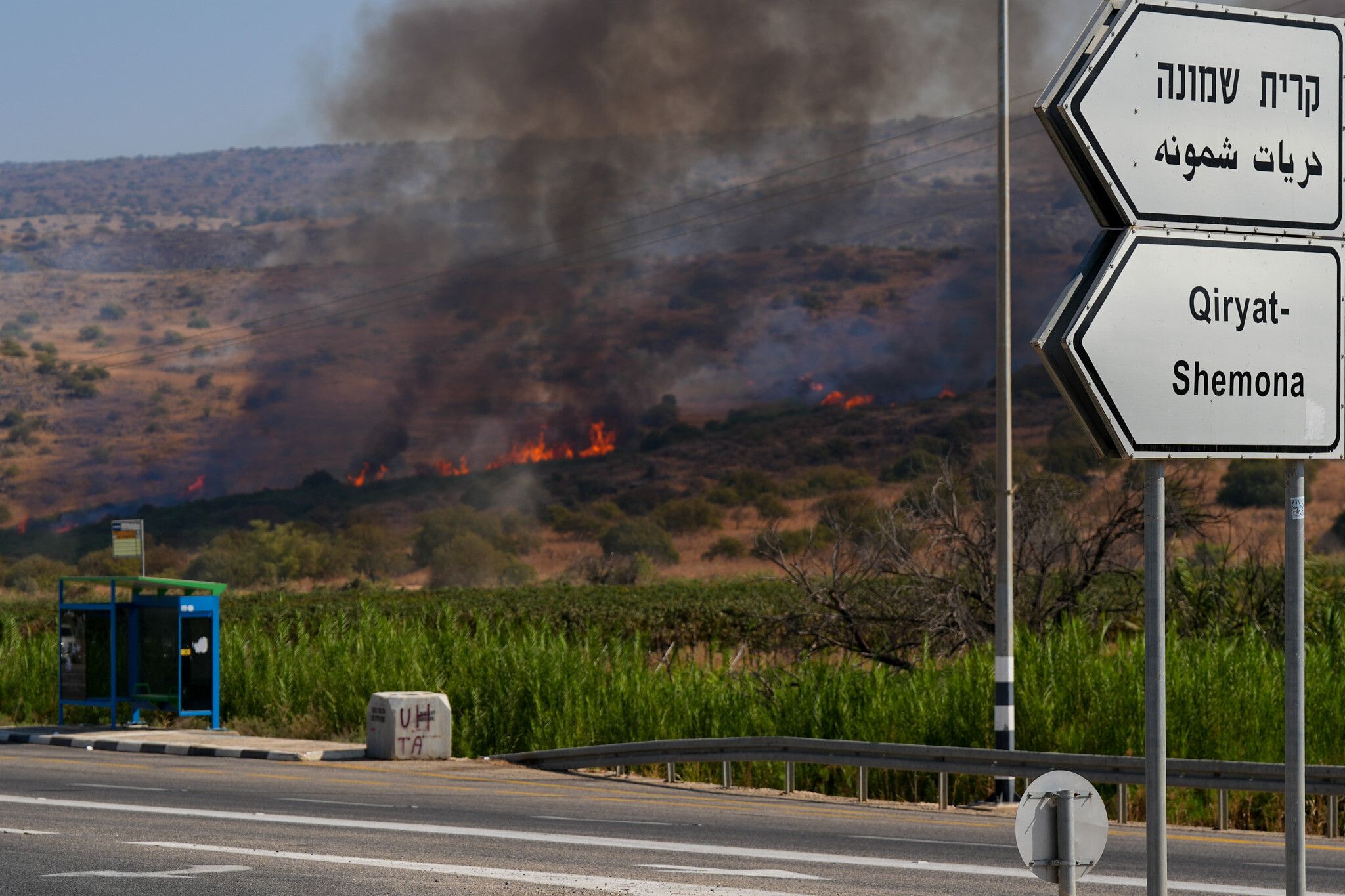
Smoke rising from a fire caused by rockets fired from Lebanon, near Kibbutz Shamir in the Upper Galilee, October 11, 2024. (Ayal Margolin/Flash90)
In such a scenario, opposition politicians and certain members of the coalition, such as the Minister of National Security Itamar Ben Gvir, will not fail to denounce on television a government that is “too soft”, incapable of protecting a North under siege.
In this context, the political cost of each IDF coercive action becomes a key factor in the government’s decisions regarding Hezbollah. If this process is repeated sufficiently, new rules of the game risk emerging, allowing Hezbollah to gradually re-establish a form of deterrence against Israel.
Israel cannot prevent Hezbollah from rearming. Even with troops stationed along the border, it is already difficult to stop arms smuggling. With satellites and drones the only options, this becomes impossible, although Israel could slow the traffic and impose a cost on Hezbollah and its Iranian backers.
The ceasefire agreement gives the Lebanese army responsibility for monitoring and preventing “any unauthorized entry of weapons and related materiel into Lebanon, including through all border crossings.” However, it is unlikely that the much weaker Lebanese army will be able to stand up to Hezbollah or Iran’s Islamic Revolutionary Guard Corps, which are already working to rebuild support networks.
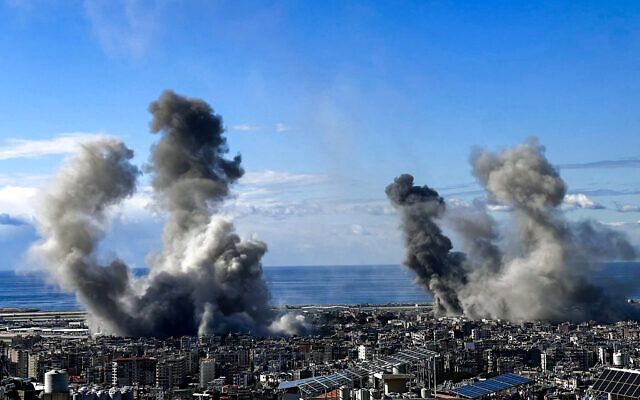
Smoke rises from the site of an Israeli airstrike that targeted the southern suburbs of Beirut on November 26, 2024. (Credit: Ibrahim AMRO / AFP)
Netanyahu appears to be in a strategic impasse. A new limited ground operation would result in additional rocket fire into northern Israel, while implicitly admitting that this ceasefire was a mistake.
As for a total invasion aimed at dismantling Hezbollah’s military force, it seems unlikely. After 14 months of fighting, the IDF is exhausted: its reservists are on their fourth rotation, and ammunition stocks are low. Such an operation would involve a long and complex war, fought in less than ideal conditions.
In this context, an improved version of UN Security Council Resolution 1701 was probably the best outcome Israel could hope for following its military intervention in Lebanon.
The IDF did not seek to completely destroy Hezbollah’s military organization, but focused on its infrastructure in mostly evacuated border villages.
Airstrikes in Beirut and elsewhere in Lebanon have destroyed rocket stockpiles and eliminated high-ranking commanders, but much of Hezbollah’s army remains intact. The group retains a large part of its fighters, a reduced but still operational command and control system, as well as a significant part of its equipment.
The balance of deterrence has clearly tipped in Israel’s favor; otherwise, Hezbollah would never have agreed to the ceasefire. But Hezbollah remains a formidable adversary and is already striving to restore the strategic balance.

